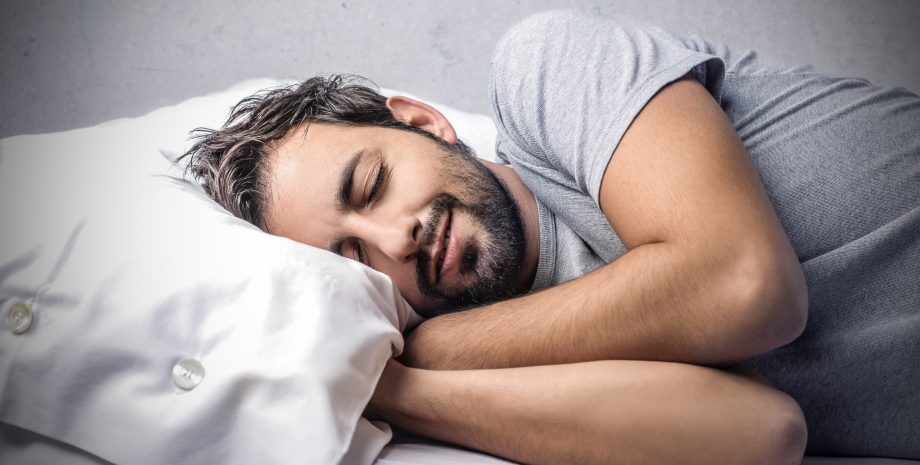

For families with little ones, it’s common to be keenly aware of their sleep patterns; obsessive, even. But, when it comes to a good night’s sleep for adults, its importance frequently falls by the wayside. We tend to focus on more obvious health factors like diet and exercise. However, sleep is just as important to adults as it is to little ones.
Why?
Lack of sleep impairs cognitive function. When you feel groggy mid-afternoon it’s not just your work output that suffers. It’s also your ability to think efficiently and clearly. Translate this to someone who is navigating rush-hour traffic and the risks of poor sleep become more apparent.
Sleep affects things such as mood, memory and energy levels. Over time the cumulative effect can negatively impact many sectors of life from relationships to work performance and beyond. Chronic lack of sleep also negatively impacts your health by affecting chronic conditions such as diabetes, cardiac conditions and blood pressure.
Tips for a Good Night’s Sleep
May is Better Sleep Month and the great news about bad sleep is that there are many things you can do to improve the sleep you are currently getting.
Adhering to a schedule is a great place to start. Identify the amount of sleep your body needs each night and then choose a start time and end time; stick to this schedule every night, even on weekends. It sounds easy, but as adults it’s common to push aside our plans when other demands on our time arise. Stay consistent with this, and soon your body will get the message.
Limit your caffeine during the day and try not to consume any past noon. Similarly, stop eating at least three hours before bed. This gives your body time to digest. Limiting alcohol will also positively affect your sleep habits. Interestingly, if you regularly experience poor sleep you may have noticed some weight gain. Poor sleep alters specific hormones that are responsible for feelings of hunger and satiety.
Spend time moving your body; preferably, outside. Both physical activity and exposure to daylight have been shown to positively impact your nighttime sleep by helping you sleep faster, better and for longer.
In talking about exposure to daylight, it’s also important to discuss limiting exposure to blue light. Blue light, emitted from devices like your phone and laptop, is a known sleep disruptor. It’s best practice to turn off devices at least one hour before your bedtime. And, have your devices “sleep” in a different room from yours if at all possible.
If nothing seems to help, there are medication options as well. It’s well worth trying these more natural options first as medications can come with their own side effects. Be sure to talk with your care provider who can offer unique insight and options into your better sleep plan. If you’re not sure where to start, Gateway Hancock Health has primary care providers who would love to help you on your journey to better sleep.